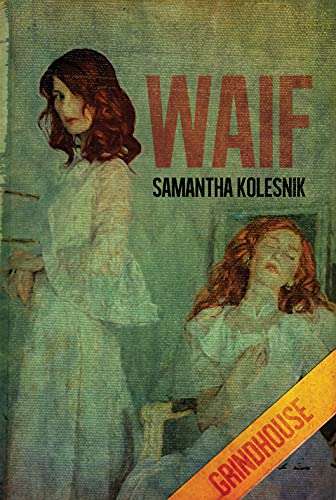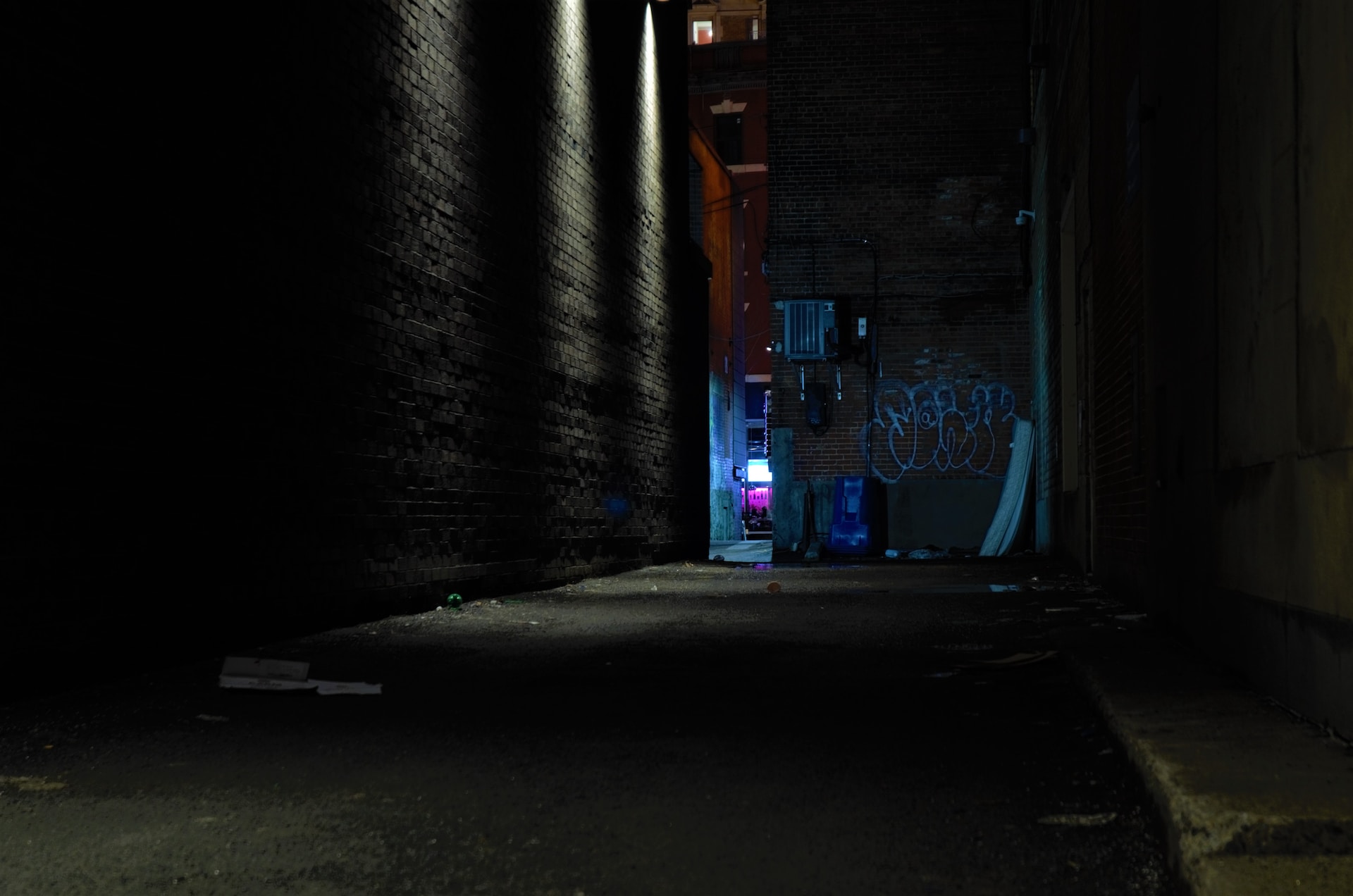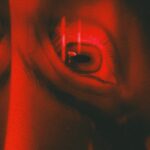by Nicole Yurcaba

It’s very rare that I sit down to read a book and find myself unable to leave the book alone for hours. In fact, prior to reading Samantha Kolesnik’s Waif, the last book that begged me not to leave it until I finished it hours later was Sjon’s Red Milk. Mind you, these are two very thematically different books. Sjon’s Red Milk examines the formation of a neo-Nazi, Gunnar Kampen, who eventually formed Iceland’s antisemitic nationalist party. Samantha Kolesnik’s Waif is a psychologically-jarring novel exploring queerness, underground pornography, and back-alley plastic surgery. It’s also a careful exploration of the families individuals make when their own, and society, do not accept them as they are.
In Waif, readers meet Angela, a young woman who pretty well has everything: a successful husband, excessive money, social stature, and a lavish house. However, Angela’s marriage carries a very dark secret. Her husband, Matt, is physically and verbally abusive. Because of the abuse, Angela’s sexual desires lie dormant, until one night a chance encounter with a man she cannot resist leads her not only into the fringes of being a stalker, but also into the dangerous realms of back-alley plastic surgery. As her husband, Matt, falls victim to a shady plastic surgeon’s scheme, Angela finds herself at the mercy of bodily-modified strangers who reignite the queer passions Angela tried, for many years, to reject.
Waif’s beauty lies not only in its careful dissection of toxic masculinity’s effect on both men and women. Much of it blossoms because Kolesnik is a gifted, poetic fiction writer, and the Waif’s novella form–the compactness of it–condenses and reinforces the importance of each word, each paragraph, and, most of all, each ideological examination hidden within the text. Readers first encounter this ideological examination in Waif’s initial pages, when Angela reflects on her experiences with men. She states, “That was the crux of my oppressive experience with men in the flesh–the ones you wished would touch you never did, and the ones you never wanted to touch you did so without asking.” In a single statement, Angela introduces readers to a concept many are still reluctant to discuss–rape culture. Angela’s marital experiences sadly encapsulate the normalcy of rape culture accepted and proliferated by many men, including Angela’s toxic husband, Matt. In this, Waif parallels novels like Emilia Hart’s Weyward, whose main character is also subjected to forced isolation and marital rape by her partner, Simon.
Waif also possesses psychological suspense which blends with a philosophical one that keeps readers locked in its pages. However, more significantly, at times Angela contemplates the meaning of death and the significance of it in one’s existence. This occurs most clearly when Angela contemplates her mother’s marital experience and her mother’s death. Angela thinks, “But the dead neither laughed nor wept” and “The dead only existed in the minds of the living and what parts of my mother my mind remembered were all the parts of her left.” Eventually, Angela’s memories of her mother and her mother’s death coincide with her recognitions about her place in life in regards to men. Angela notes how her mother had warned her how she would eventually be alone in the world of men. Angela also acknowledges how “The world of men required certain sacrifices” and how she was tired of making them because “It was high time for men to sacrifice for me.” She observes how “since the dawn of time” men expected women to pay with their flesh. It is at this point that readers begin encountering Angela’s full disclosure about her past sexual explorations with women.
As the novella progresses, and Angela becomes more and more involved with the back-alley plastic surgery scene which eventually overtakes her existence, they see Angela slowly begin to embrace her queer identity. Kolesnik manages to introduce readers to Angela’s awakening slowly, like a fine tea steeping. This “steeping” occurs because of the poetic, yet minimalist, language which Kolesnik utilizes. One of the most poignant, eloquent moments occurs when readers understand that Angela has found a group which finally accepts her. The group consists of other, primarily queer, women who have shared similar experiences with Angela regarding men. Their violent, debilitating experiences act as an emotional, and even physical, glue binding them together. Their unification reminds readers about the transformative, life-changing power of solidarity and community in the face of adversity. Angela contemplates her newfound experiences within this group: “And on any given day, I reflected, as the rain poured down on us, there was another person Lost, and on any given day, there were those of us on the fringe out desperately looking for them, welcoming them Home.” Angela’s testament, too, reminds readers that often Home isn’t simply a place; it can also be the resonance found between individuals.
Waif is a page-turner, albeit a brief one, as it consists of only 100 pages. In it, Samantha Kolesnik establishes herself as a masterful writer capable of exploring the human psyche and sexuality’s darkest, most challenging depths. It’s a gritty read–one that at times leaves readers wanting to put down the book, walk away, and take a shower. The filth Angela initially endures becomes the reader’s. By the book’s end, Angela’s victory of self-awareness, self-acceptance, and hard-won emotional and physical freedom from a man with the potential and power to kill her is also the reader’s.
Nicole Yurcaba (Ukrainian: Нікола Юрцаба–Nikola Yurtsaba) is a Ukrainian (Hutsul/Lemko) American poet and essayist. Her poems and essays have appeared in The Atlanta Review, The Lindenwood Review, Whiskey Island, Raven Chronicles, West Trade Review, Appalachian Heritage, North of Oxford, and many other online and print journals. Nicole teaches poetry workshops for Southern New Hampshire University and is a guest book reviewer for Sage Cigarettes, Tupelo Quarterly, Colorado Review, and The Southern Review of Books.



Add your first comment to this post